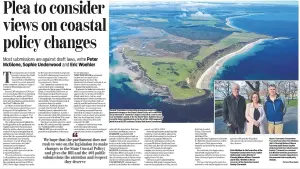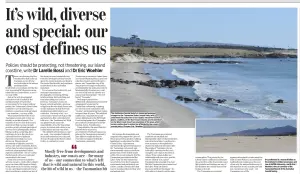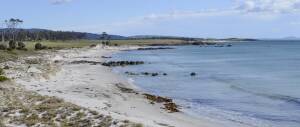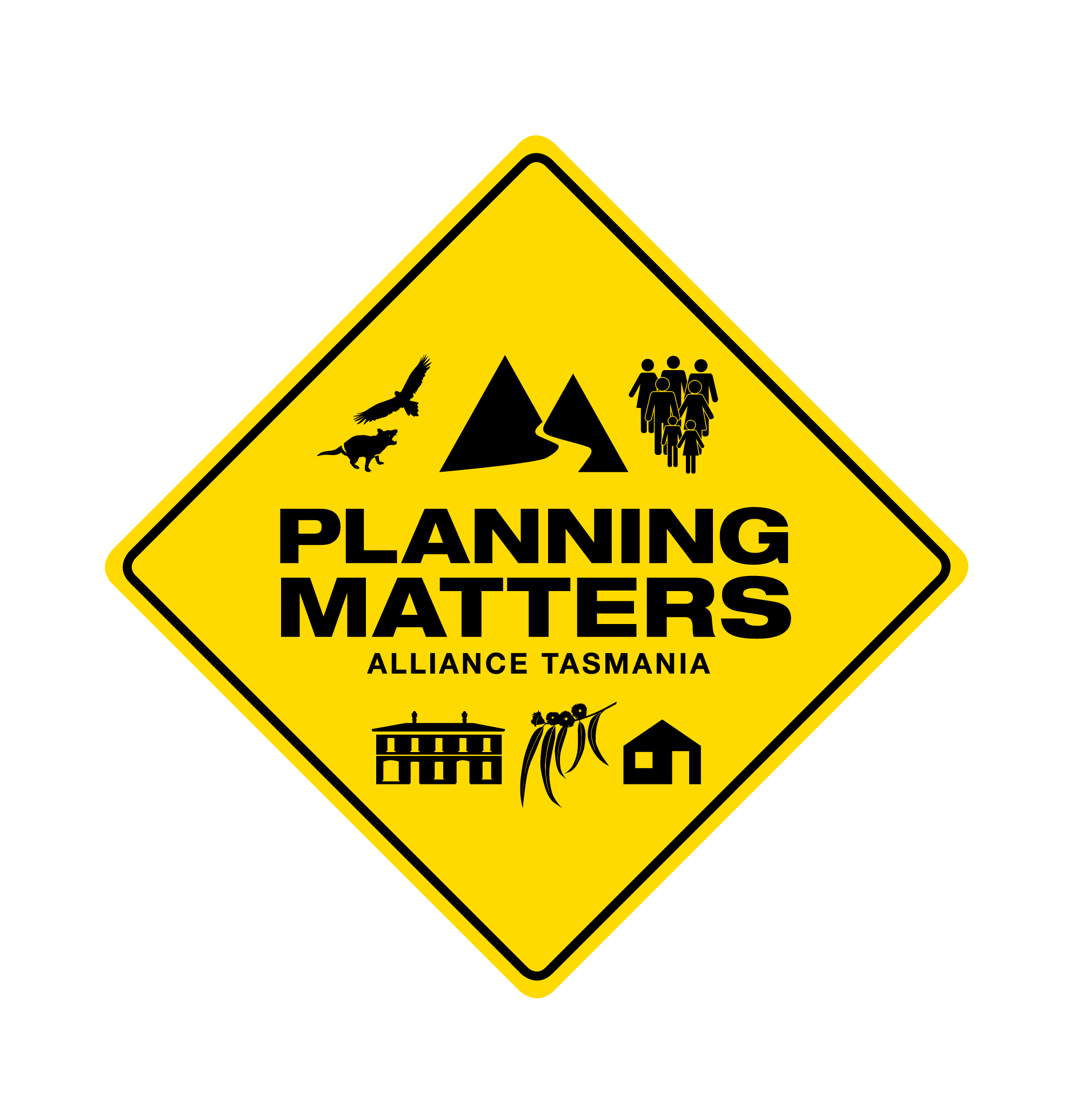- Make a Submission
Take Action for Tasmania’s Coasts: Make a Submission
Media Enquiries
Sophie Underwood
PMAT State Director
sophie_underwood@hotmail.com
0407 501 999
Please share:
Please take action for Tasmania’s coasts in SIX VERY EASY STEPS!
Submissions close Monday 21 October by 5 pm.
The Tasmanian Government has released a State Coastal Policy Position Paper for public comment to fast-track changes to Tasmania’s State Coastal Policy. Note this is a separate process to the Validation (State Coastal Policy) Bill 2024 which we expect to be debated in the Legislative Council on 30 October 2024.
The proposed changes to Tasmania’s State Coastal Policy will profoundly weaken the Policy and the way coasts are managed and protected in Tasmania.
Tasmania’s coast is unique and largely unspoilt, thanks to the State Coastal Policy, which has protected it for almost 30 years.
Submissions on the ‘Review of the State Coastal Policy – Development of Actively Mobile Landforms Position Paper’ are due NEXT WEEK Monday 21 October by 5 pm. All details can be seen here.
STEP 1 – Copy and paste the submission email into your ‘To’ field
STEP 2 – Copy and paste into your “CC’ field Members of the House of Assembly and Legislative Council:
craig.farrell@parliament.tas.
STEP 3 – Suggested email subject heading:
Retain the prohibition on development in actively mobile landforms
STEP 4 – Copy and paste suggested email text:
If you can, also personalise your submission by writing why Lutruwita/Tasmania’s coastlines matter to you and your way of life.
Personalising your message creates a powerful impact with Parliamentarians.
I oppose the proposed changes to the State Coastal Policy due to the below issues and concerns:
Scrap the proposed amendment
The state government has issued a State Coastal Policy Position Paper that proposes to remove a key part of the State Coastal Policy, section 1.4.2, which would remove a key protection for actively mobile landforms such as frontal dunes. I do not support this change and recommend the proposed amendment to the State Coastal Policy be abandoned.
The need for the amendment has not been established
The Position Paper does not provide a convincing explanation for what the purported problem with the State Coastal Policy is and why the amendment is being proposed. The Position Paper claims that there are problems with application of section 1.4.2 of the State Coastal Policy but there is no reference in it to legal advice. The state government has previously refused to release any legal advice, and it is uncertain if it has obtained any. If the government cannot explain the need for the change, then it should not make the change.
The government just wants to make it easier to build windfarms on the coast
It looks like the state government has fabricated a problem with the State Coastal Policy to disguise its true interest, which we believe is to remove a potential legal obstacle for wind farm developments that require infrastructure on coastal areas.
Actively mobile landforms have high conservation values and must be protected
There is a very good reason to keep clause 1.4.2 of the State Coastal Policy, as it provides protection for actively mobile landforms that may have high conservation cultural and natural values. The impacts of climate change make it even more important to not make it easier for development to be built on actively mobile landforms such as sand dunes.
Fast track amendment process will create planning uncertainty
As outlined in the Position Paper, the State Government proposes to use section 12 of the State Policies and Projects Act 1993 that allows the amended policy to become an Interim State Policy and have effect while it is being reviewed by the Tasmanian Planning Commission. The obvious weakness of this approach is that, if the Tasmanian Planning Commission finds problems with the amended policy, it will already be in force and may continue to be for up to 12 months.
False alarm about the need to define ‘actively mobile landforms’
The State Government has created false alarm about the absence of a definition of an ‘actively mobile landform’, in the State Coastal Policy or in legislation, when the policy has operated successfully for 28 years without a definition. If this was a significant problem the state government’s lawyers would presumably have given advice about it and the government would release it. There are many key terms related to natural values that are also not defined in policies or legislation. Planning authorities and experts can work out definitions and how they are applied geographically when development assessments are made.
State of the Environment Report recommends undertaking a comprehensive review of Tasmanian Coastal Policy
It is good to review our planning laws and policies to ensure they are performing as we expect and are responsive to changes such as climate change. The State Coastal Policy has not been reviewed since its inception in 1996. The recently released State of the Environment Report recommends to “Undertake a comprehensive review of Tasmanian Coastal Policy in response to the pressures and threats to natural and built costal environment.” This recommendation is supported but only if the Tasmanian Planning Commission’s intent in making the recommendation is followed and that a full review under the State Policies and Projects Act 1993 is undertaken (and not the ‘fast-track’ process through section 12).
Yours sincerely,
(Include your name)
STEP 5 – Please send your email ASAP.
STEP 6 – Please share this critically important email with your friends, family and community!
Thank you from Tasmania’s coasts,
Sophie and the PMAT Team
Related News & Media

Mercury Opinion Piece: Plea to consider view on coastal policy changes
Most submissions are against draft laws, write Peter McGlone, Sophie Underwood and Eric Woehler. Published

Media Release: Tasmanian community overwhelmingly rejects proposed retrospective changes to State Coastal Policy
With just over 400 submissions made in the briefest of public comment periods, 97% of

Mercury Opinion Piece: It’s wild, diverse & special: our coast’s define us
Policies should be protecting, not threatening, our island coastline, write Dr Larelle Bossi and Dr

Joint Media Release: Proposed changes to Tasmania’s Coastal Policy touches community nerve
A coalition of community groups concerned for Tasmania’s coasts have welcomed the hundreds of public

Support Us
Receive News & Updates from PMAT
Stay informed on what’s happening locally and statewide within Tasmania, and join our community in advocating to protect Tasmania’s future.